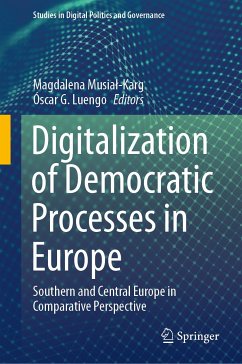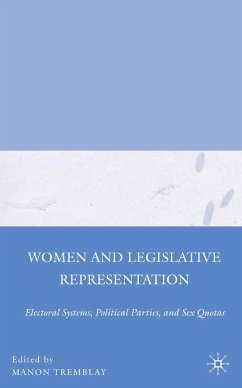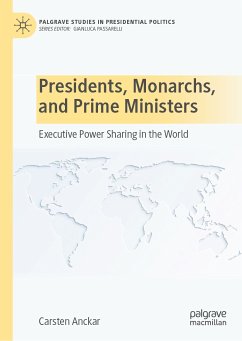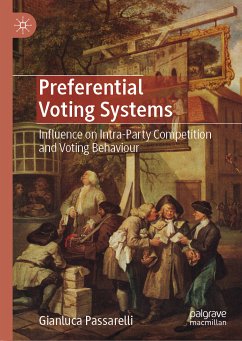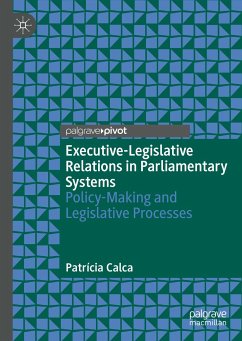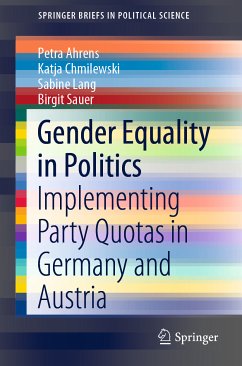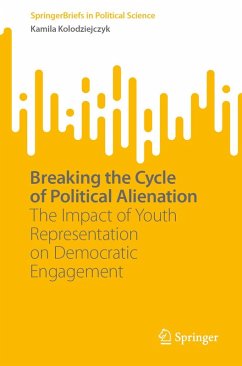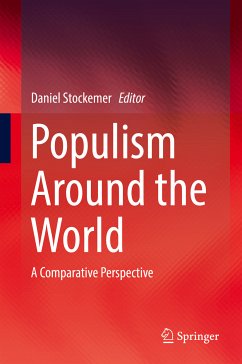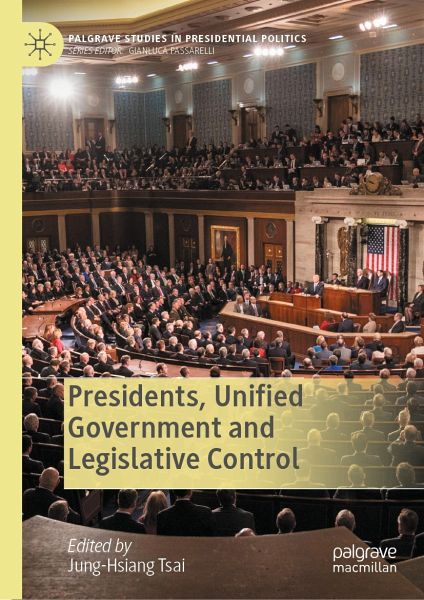
Presidents, Unified Government and Legislative Control (eBook, PDF)
Versandkostenfrei!
Sofort per Download lieferbar
88,95 €
inkl. MwSt.
Weitere Ausgaben:

PAYBACK Punkte
44 °P sammeln!
This book aims to explain why some presidents are more successful than others in winning the support of legislators during periods of unified government. This book covers five presidential and semi-presidential systems such as France, Indonesia, Mexico, Taiwan, and the U.S. with a wide variety of institutional arrangements and political dynamics. This book elaborates on explaining how institutional factors such as confidence vote, electoral system, candidate nomination and presidential unilateral power influence the ability of presidents to pass their legislative agendas through comparisons ac...
This book aims to explain why some presidents are more successful than others in winning the support of legislators during periods of unified government. This book covers five presidential and semi-presidential systems such as France, Indonesia, Mexico, Taiwan, and the U.S. with a wide variety of institutional arrangements and political dynamics. This book elaborates on explaining how institutional factors such as confidence vote, electoral system, candidate nomination and presidential unilateral power influence the ability of presidents to pass their legislative agendas through comparisons across presidential and semi-presidential systems.
Dieser Download kann aus rechtlichen Gründen nur mit Rechnungsadresse in A, B, BG, CY, CZ, D, DK, EW, E, FIN, F, GR, HR, H, IRL, I, LT, L, LR, M, NL, PL, P, R, S, SLO, SK ausgeliefert werden.



